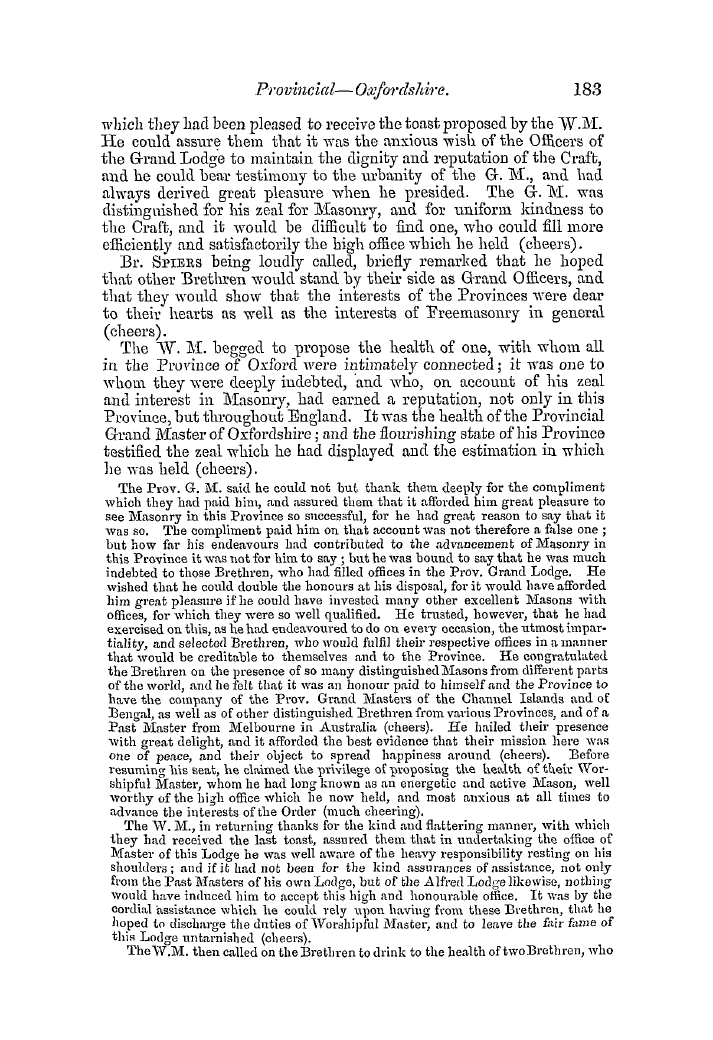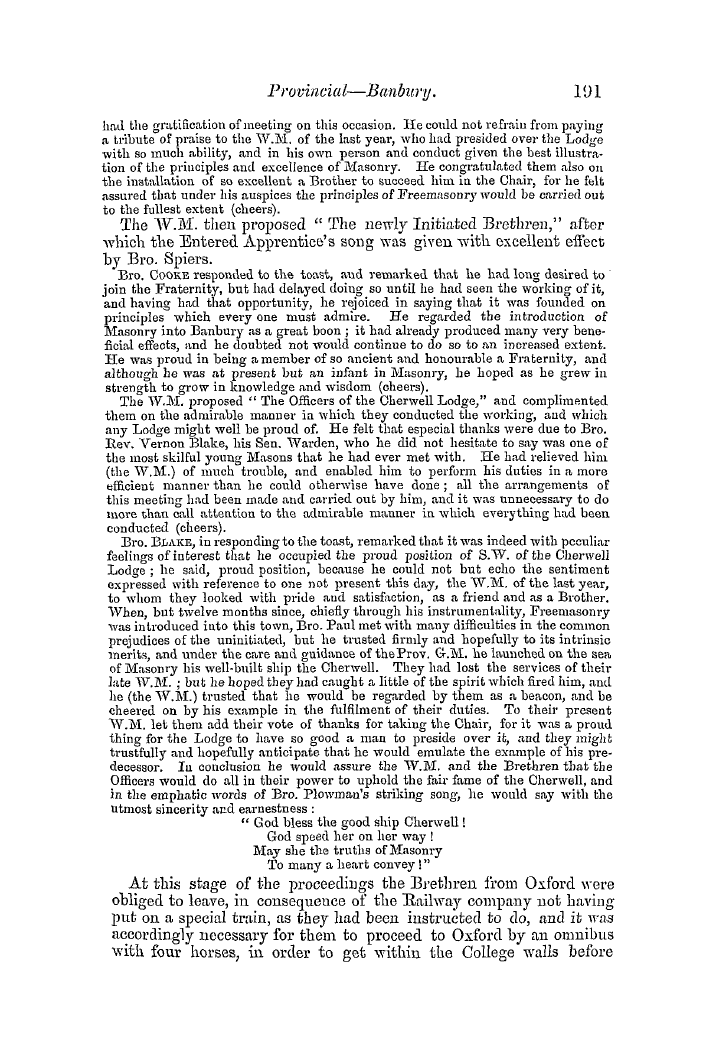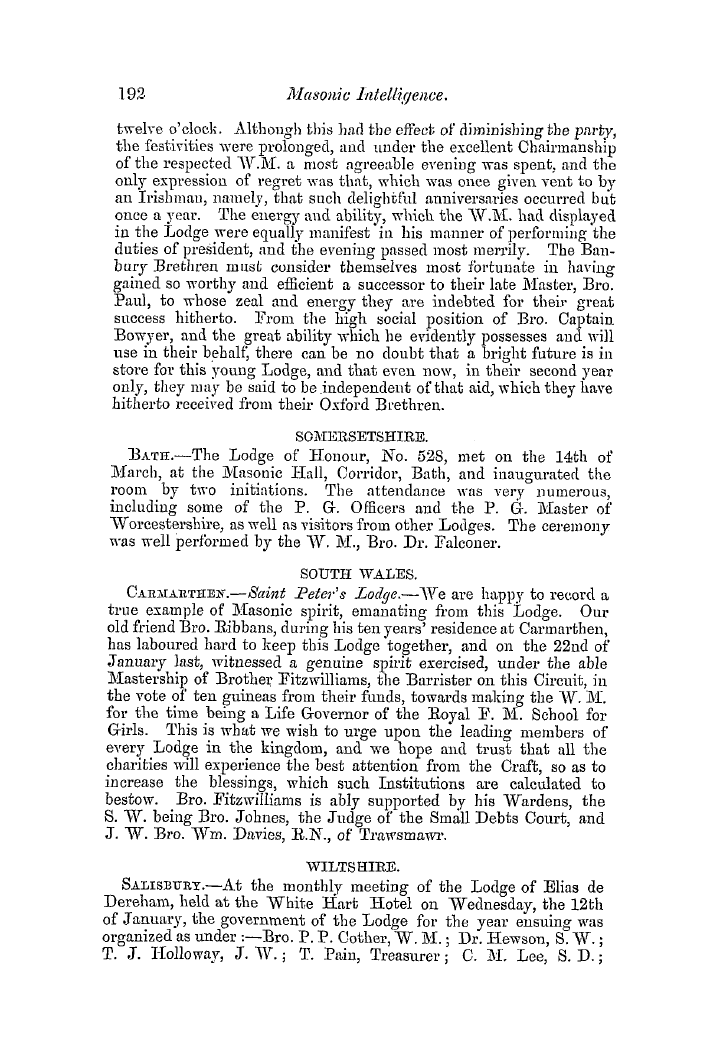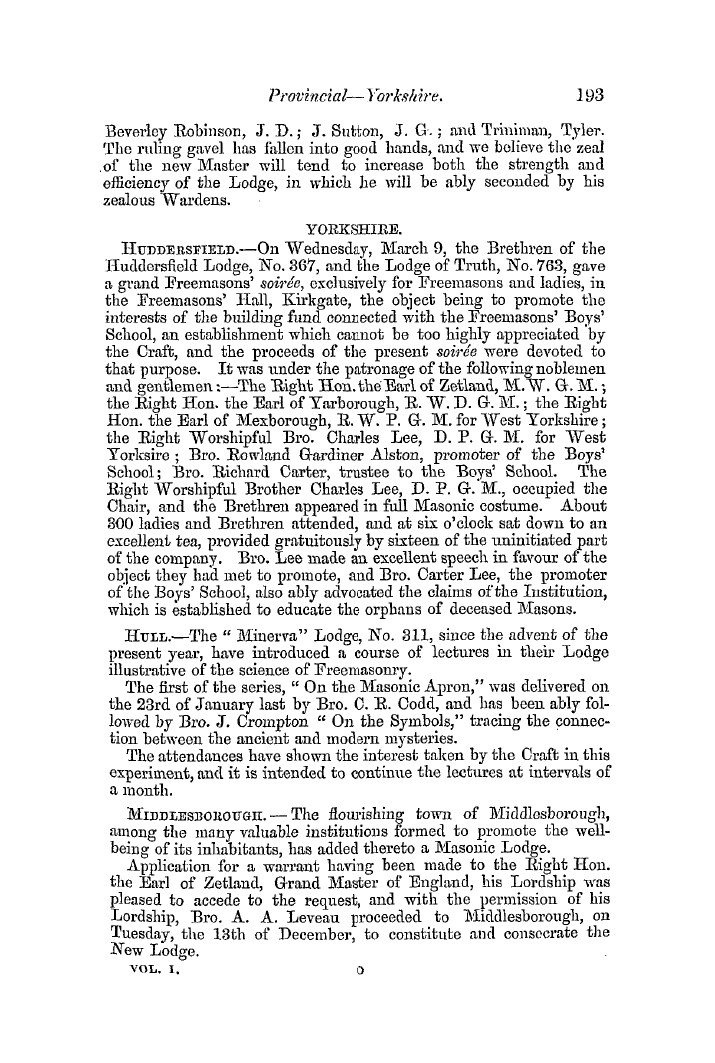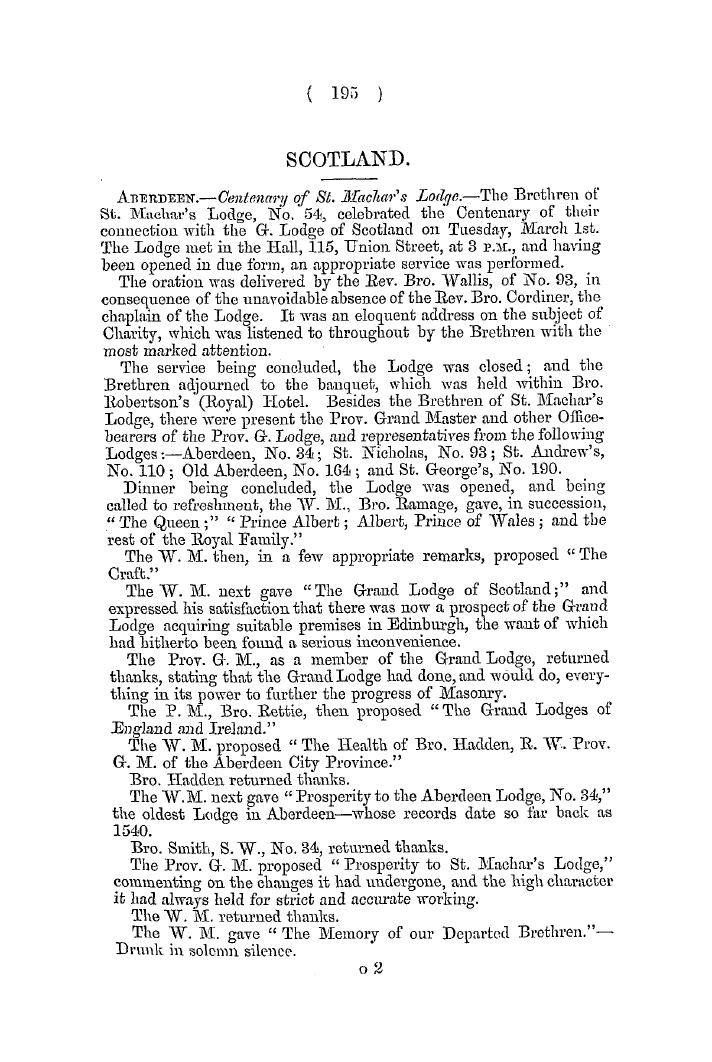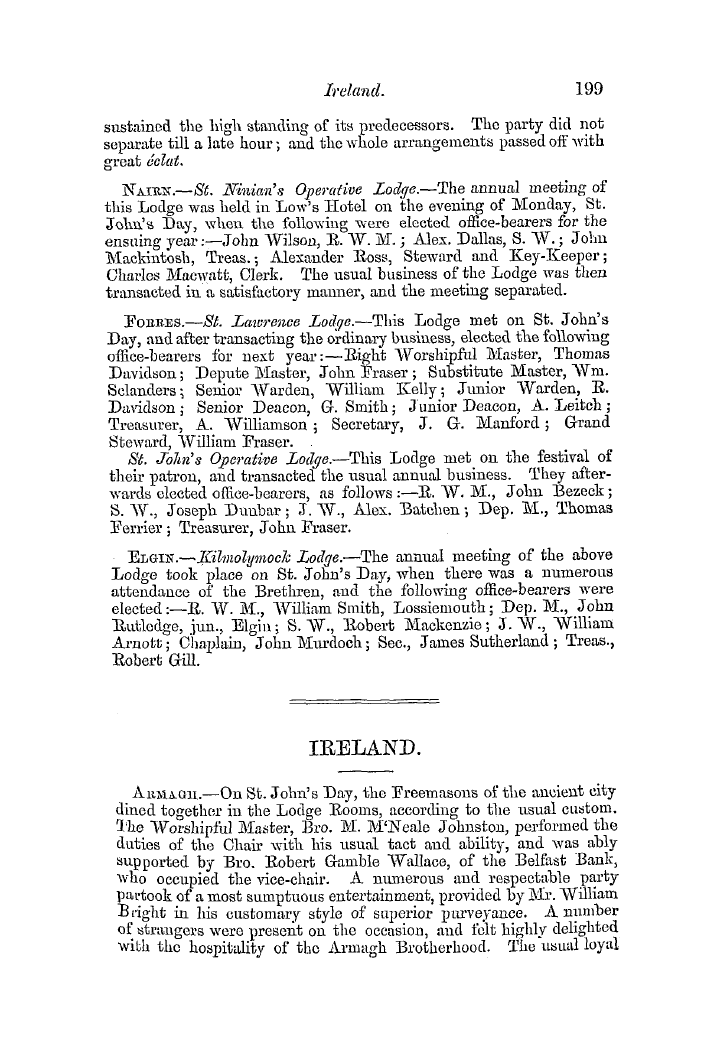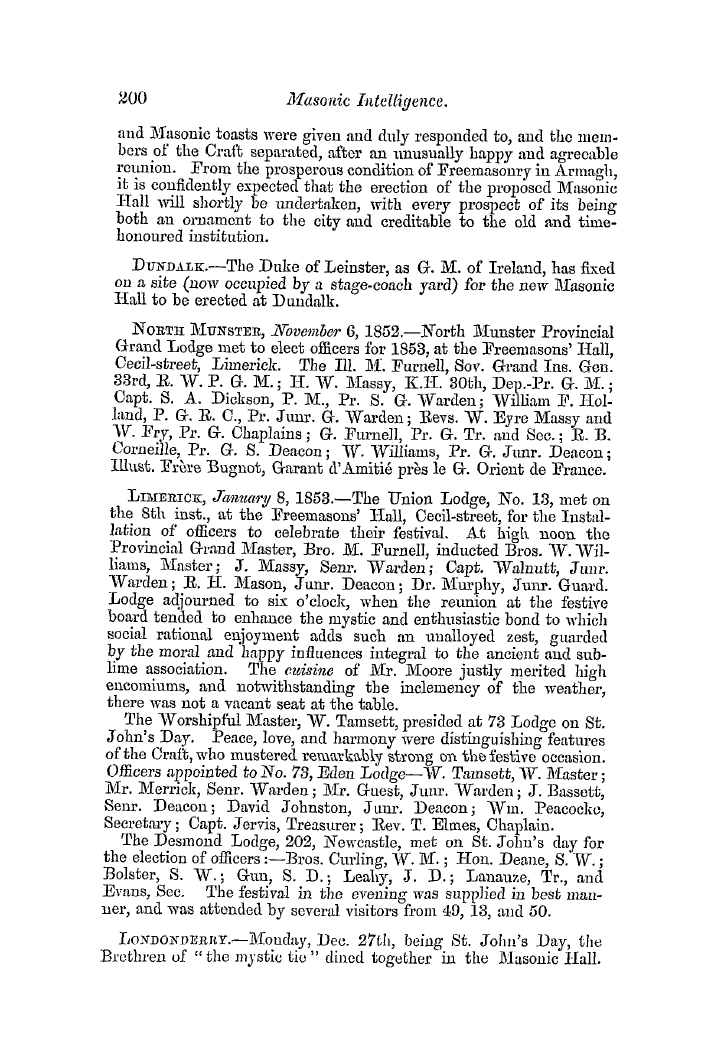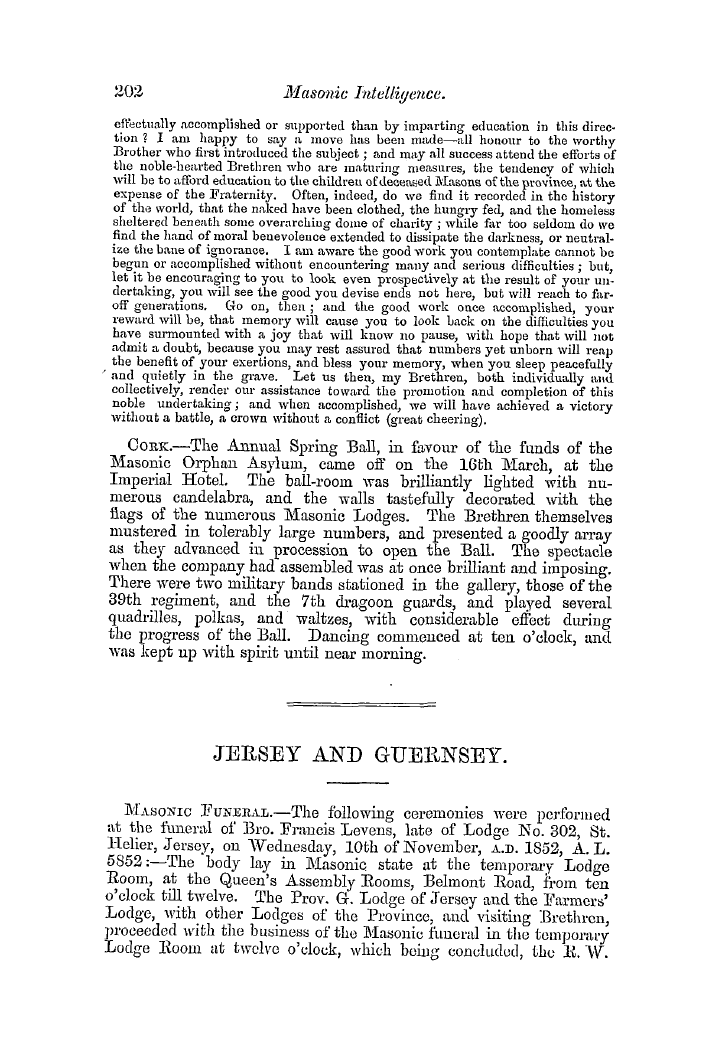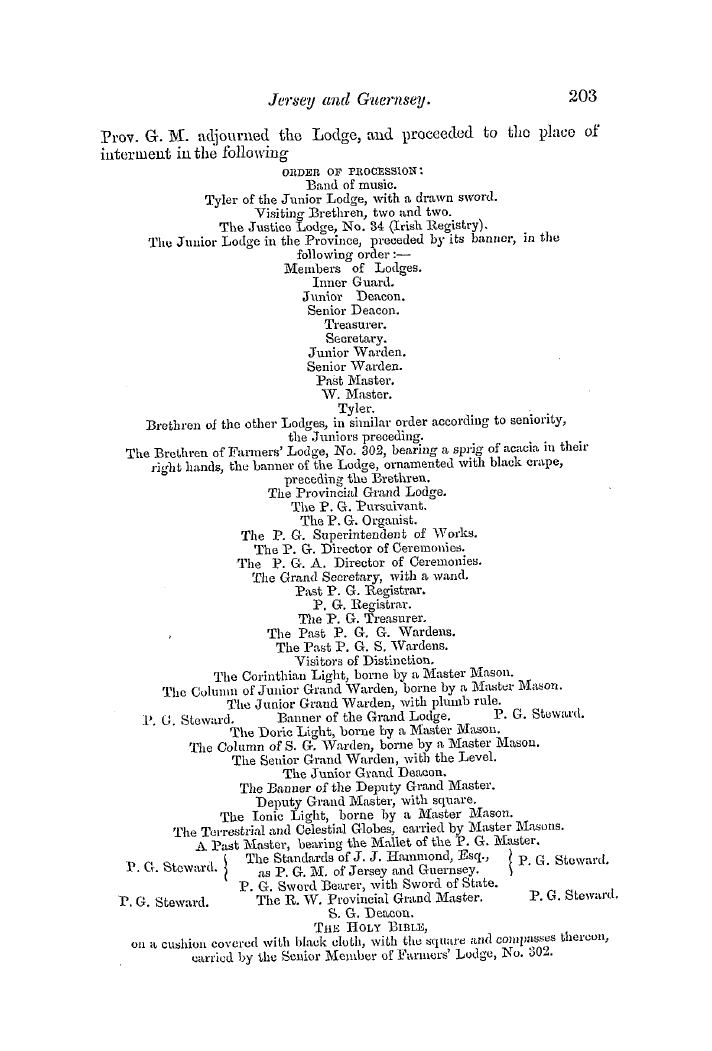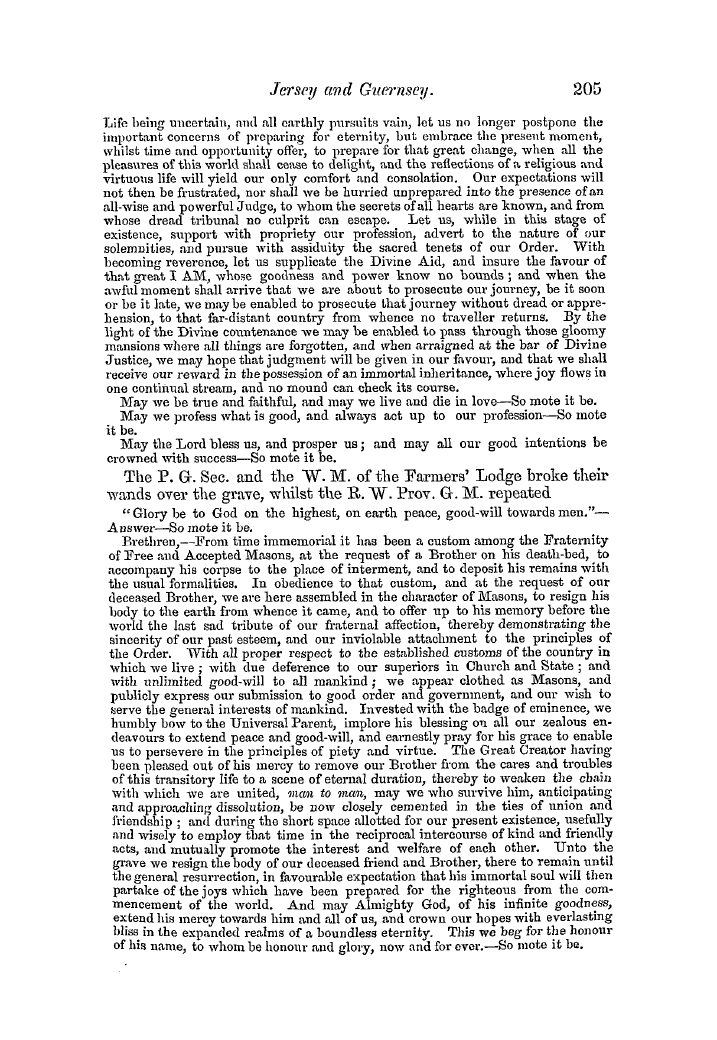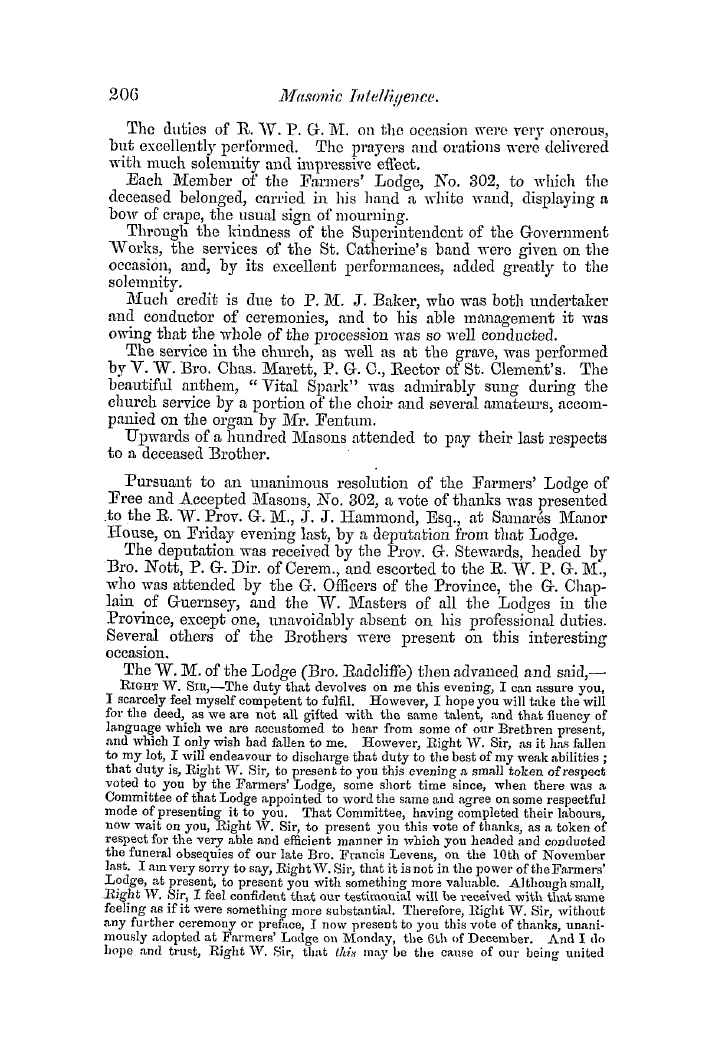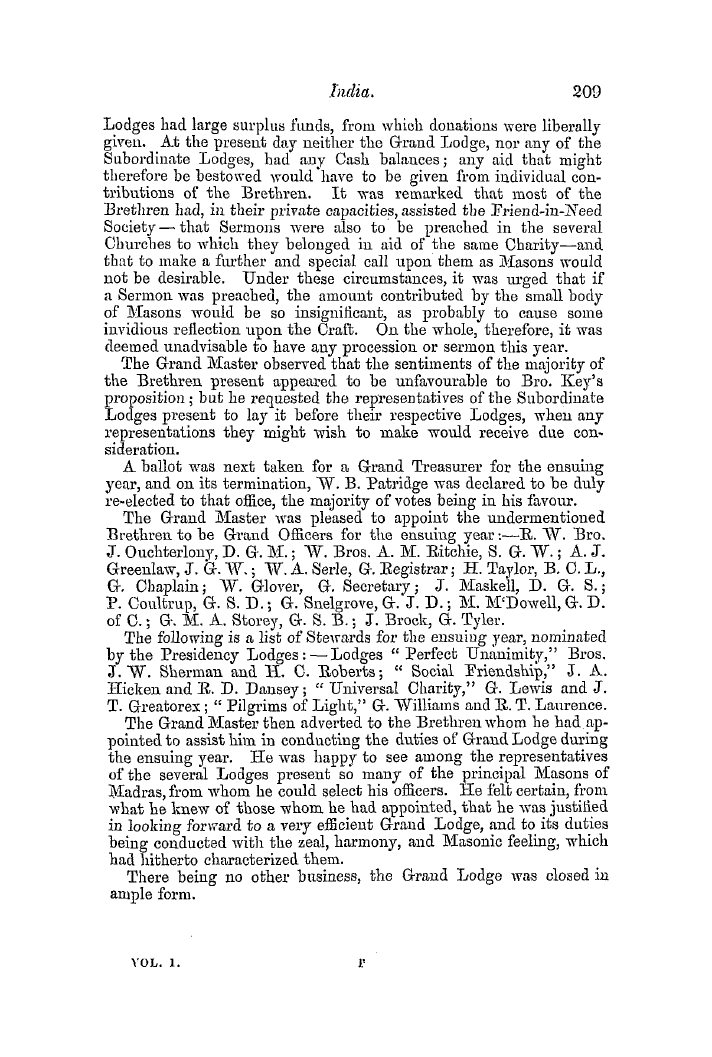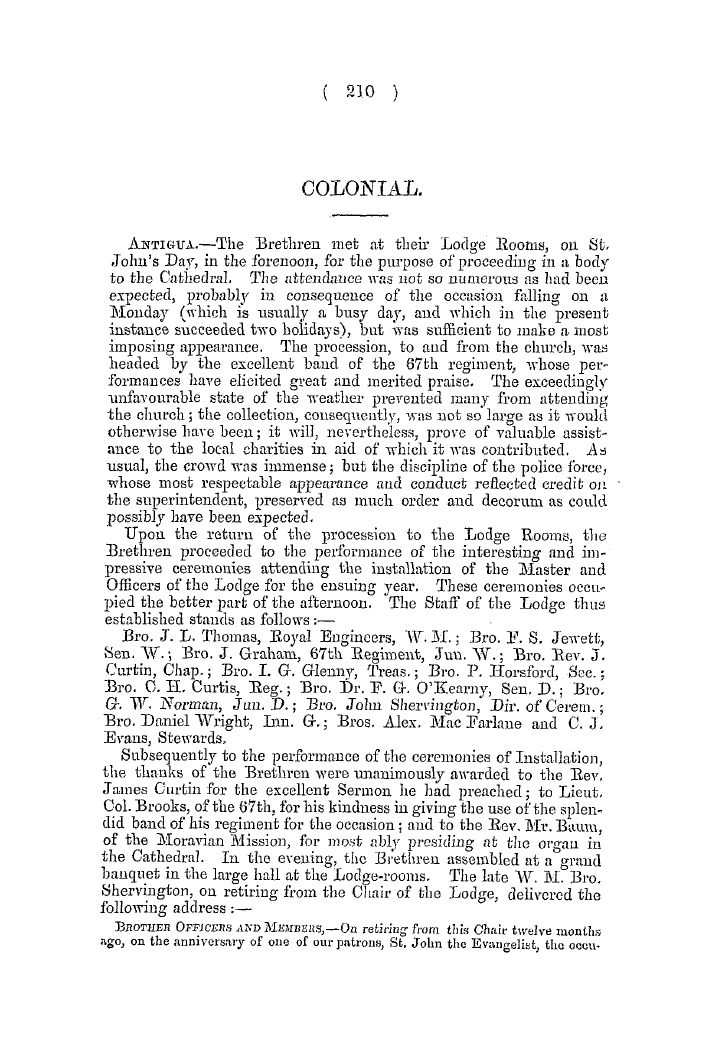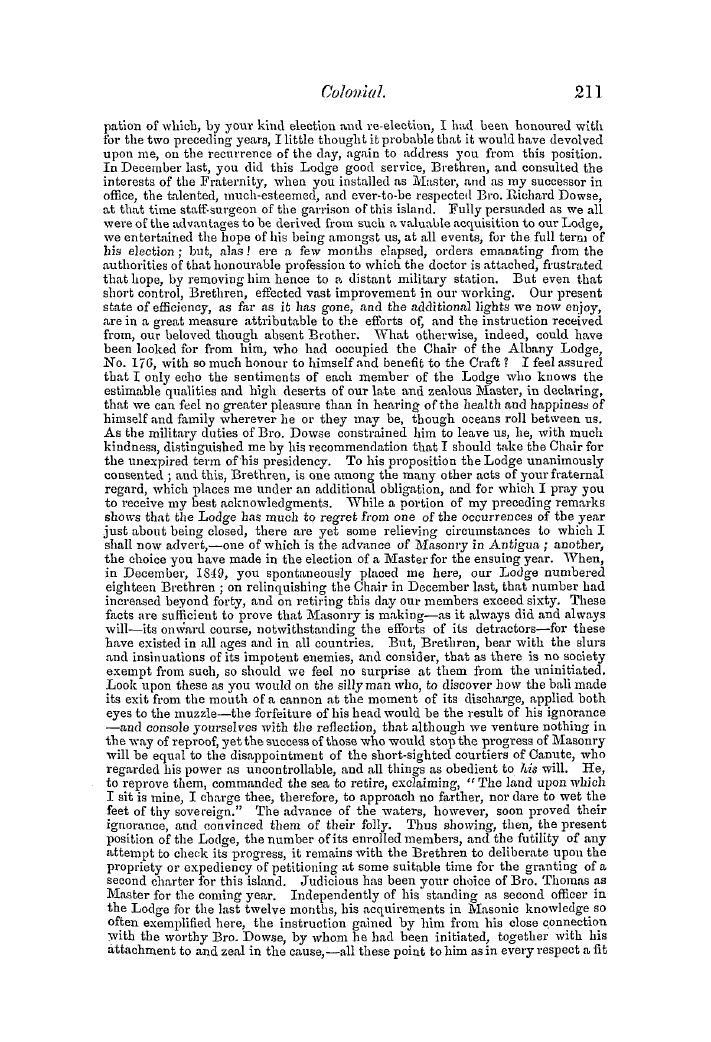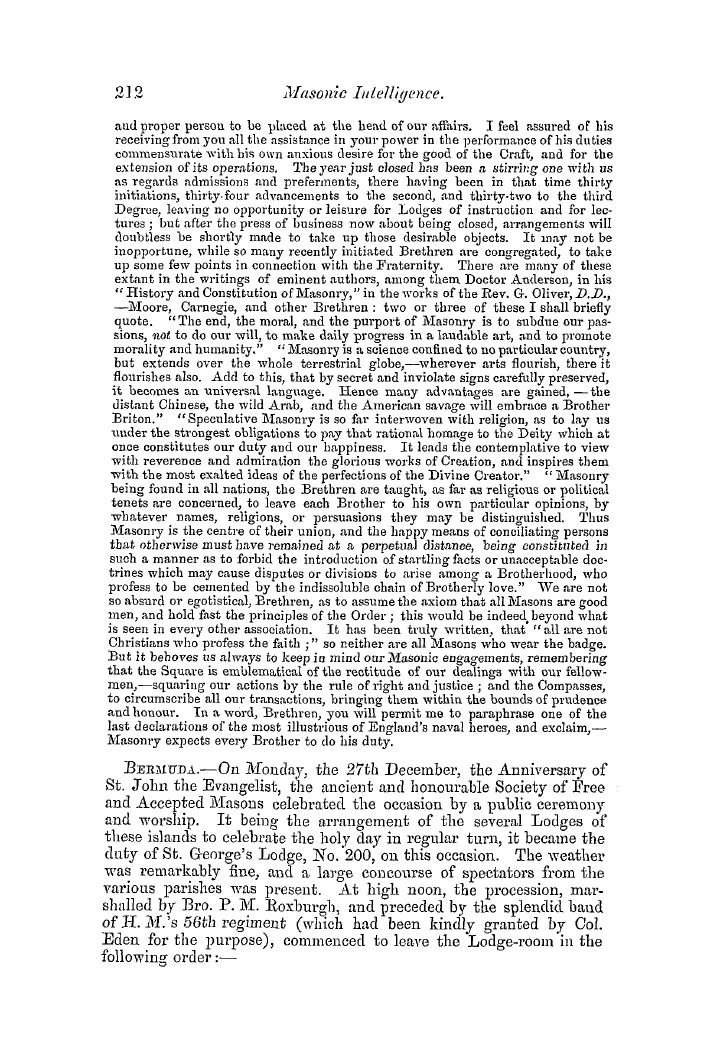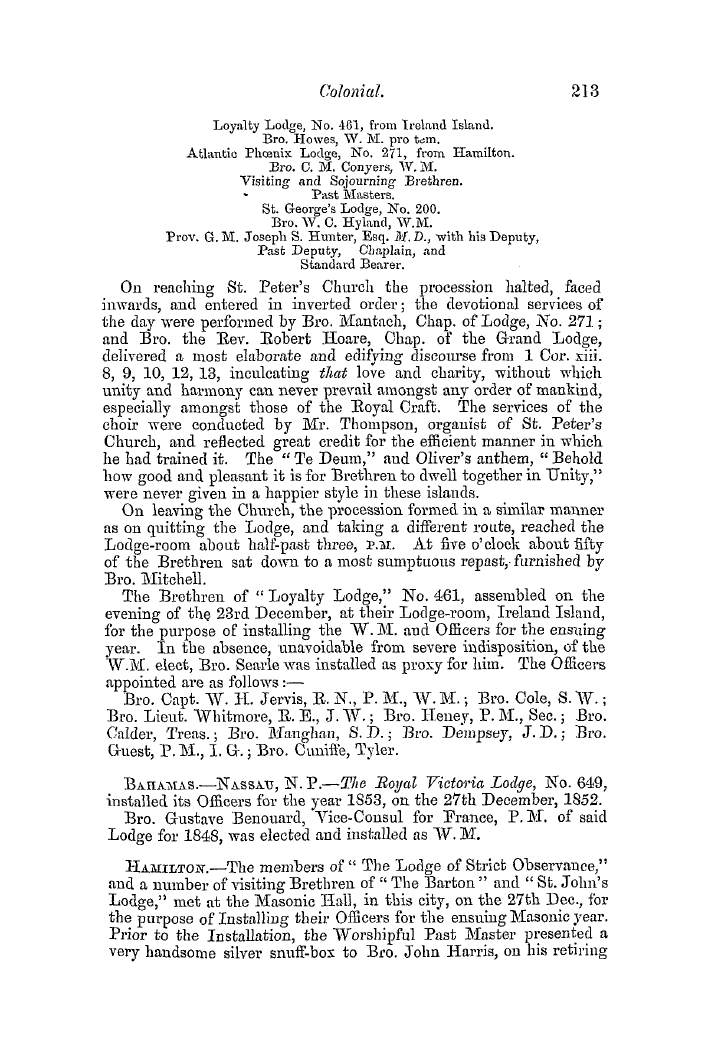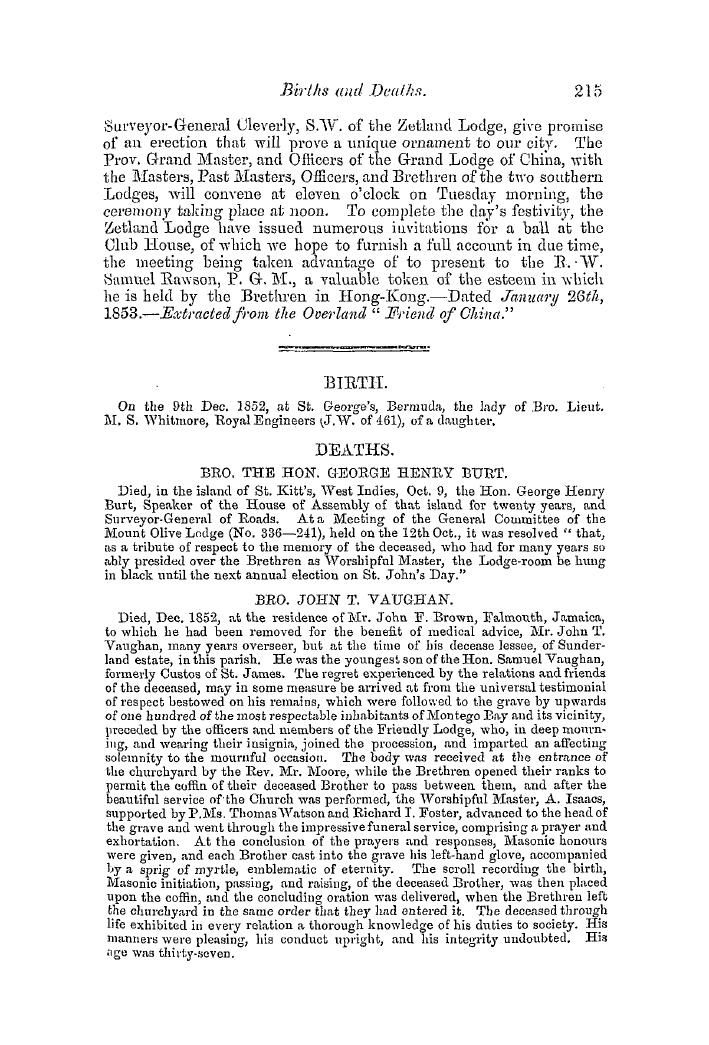Note: This text has been automatically extracted via Optical Character Recognition (OCR) software.
Female Literature In France In The Seventeenth Century.
tlie fact of his OAAII poverty , and Madame do Murat ' s AA'calth ; and discouraged by the inequality of their circumstances , he resolved to leave France ; nor Avas it until , by the exertions of a mutual friend , he xvas compelled to belieA'e that the countess might be prevailed upon to become his xvife , that he consented to forego his intention . The marriage AA'hich ensued was one of
almost uninterrupted happiness , but it xvas fated to be of short duration , M . de Saint Albe having been fatally Avounded in an engagement , in the very floAver of his age : —
" Saint-Albe [ says his widow ] had displayed , at the battle of , all the proofs of ability and valour which were to be expected from an officer of his reputation . HaA'ing advanced too far from his post in order to reconnoitre the enemy , he received a musket wound in his body , which did not at first appear so dangerous as it ultimately proved . Immediately that he was hurt he wrote to assure me that the wound was slight , and to beseech of me not to be alarmed . I loved him too tenderly , however , not to experience great uneasinessand I lost no time in reaching whither
, , they had conveyed him . He remained for two or three days in a state which caused us to hope that the injury was not a mortal one , but suddenly so great a change took place that we began to fear for his life ; the fever increased ; and there was no longer room to doubt that an abscess had formed in his chest . He was the first to bo aware that all remedies were useless , and that he was about to die . Ho no sooner became convinced of this than he called me to his bedside , and having desired the attendants to
withdraw , he said firmly : ' Do not deceive yourself , my dear wife , with any hope of my recovery ; whatever others may tell you , I feel that we must soon part . All is over , and I must resign an existence which was only dear to me while it enabled me to protect and to love you . I have lived happily , because I had obtained your affection ; and it Avas to the hope of rendering myself less unworthy of that affection that I owe the little reputation I have acquired . I have endeavoured to live like a man of honour , and to do my duty , because I was your husband , and that without your love I should not have been what I am . Farewell ; ' he added , embracing me ; 'farewell , for the last time . '
" While Samt-Albe spoke thus , I was in a pitiable state . I bathed his hands with my tears ; I Avept and sobbed ; and I knoAV not which of us was at that moment the greatest object of compassion . They carried me to my bed , where I remained insensible for two or three hours . I then wished to return to him , but I was not permitted to do so ; nor did I find myself free until he had breathed his last sigh . Every one was absorbed in grief ; all the attendants were in tears ; the soldiers collected in groups to look upon him , ancl to kiss his hand . The officers withdrew in silence ,
and had not the courage to oppose my entrance . I reached the chamber in which he had just expired ; I saw him lifeless . Oh , God ! Avhat a spectacle was that ! I know not how it was that I did not die of grief , but I restrained my tears to perform towards him the last sad duties—"
I could add to these sli ght sketches of the literary women of France in the Seventeenth Century , many more , which woxdd , as I trust ancl believe , tend to rescue then * memory from the suspicion which noxv attaches to it among the generality of English readers ; Avho having based that opinion upon the
Note: This text has been automatically extracted via Optical Character Recognition (OCR) software.
Female Literature In France In The Seventeenth Century.
tlie fact of his OAAII poverty , and Madame do Murat ' s AA'calth ; and discouraged by the inequality of their circumstances , he resolved to leave France ; nor Avas it until , by the exertions of a mutual friend , he xvas compelled to belieA'e that the countess might be prevailed upon to become his xvife , that he consented to forego his intention . The marriage AA'hich ensued was one of
almost uninterrupted happiness , but it xvas fated to be of short duration , M . de Saint Albe having been fatally Avounded in an engagement , in the very floAver of his age : —
" Saint-Albe [ says his widow ] had displayed , at the battle of , all the proofs of ability and valour which were to be expected from an officer of his reputation . HaA'ing advanced too far from his post in order to reconnoitre the enemy , he received a musket wound in his body , which did not at first appear so dangerous as it ultimately proved . Immediately that he was hurt he wrote to assure me that the wound was slight , and to beseech of me not to be alarmed . I loved him too tenderly , however , not to experience great uneasinessand I lost no time in reaching whither
, , they had conveyed him . He remained for two or three days in a state which caused us to hope that the injury was not a mortal one , but suddenly so great a change took place that we began to fear for his life ; the fever increased ; and there was no longer room to doubt that an abscess had formed in his chest . He was the first to bo aware that all remedies were useless , and that he was about to die . Ho no sooner became convinced of this than he called me to his bedside , and having desired the attendants to
withdraw , he said firmly : ' Do not deceive yourself , my dear wife , with any hope of my recovery ; whatever others may tell you , I feel that we must soon part . All is over , and I must resign an existence which was only dear to me while it enabled me to protect and to love you . I have lived happily , because I had obtained your affection ; and it Avas to the hope of rendering myself less unworthy of that affection that I owe the little reputation I have acquired . I have endeavoured to live like a man of honour , and to do my duty , because I was your husband , and that without your love I should not have been what I am . Farewell ; ' he added , embracing me ; 'farewell , for the last time . '
" While Samt-Albe spoke thus , I was in a pitiable state . I bathed his hands with my tears ; I Avept and sobbed ; and I knoAV not which of us was at that moment the greatest object of compassion . They carried me to my bed , where I remained insensible for two or three hours . I then wished to return to him , but I was not permitted to do so ; nor did I find myself free until he had breathed his last sigh . Every one was absorbed in grief ; all the attendants were in tears ; the soldiers collected in groups to look upon him , ancl to kiss his hand . The officers withdrew in silence ,
and had not the courage to oppose my entrance . I reached the chamber in which he had just expired ; I saw him lifeless . Oh , God ! Avhat a spectacle was that ! I know not how it was that I did not die of grief , but I restrained my tears to perform towards him the last sad duties—"
I could add to these sli ght sketches of the literary women of France in the Seventeenth Century , many more , which woxdd , as I trust ancl believe , tend to rescue then * memory from the suspicion which noxv attaches to it among the generality of English readers ; Avho having based that opinion upon the
































































































































































































